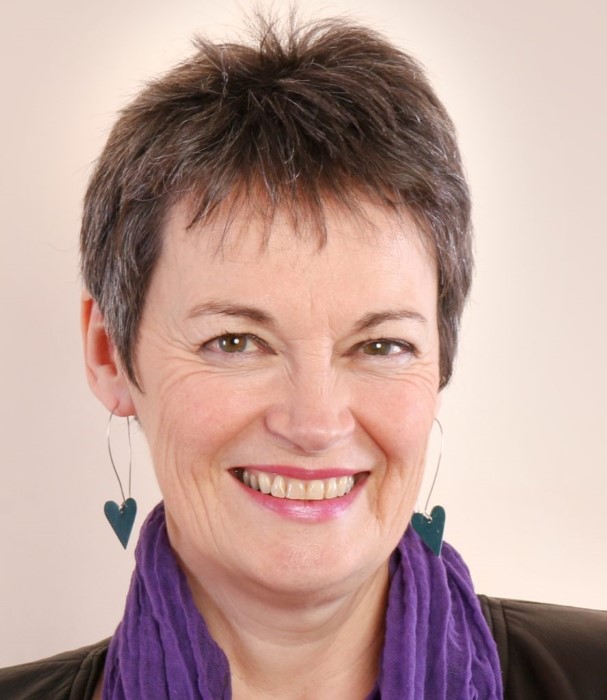 After 25 years as a psychotherapist, you recently founded the nonprofit Before I Go Solutions. What prompted this decision?
After 25 years as a psychotherapist, you recently founded the nonprofit Before I Go Solutions. What prompted this decision?
After my husband died of cancer in 2011, and everything changed, I always knew I would write about what had been the most devastating experience in my life yet. I had been a blogger as a small business coach and writing was a way of processing things for myself. Sure enough, about 2 1/2 years later, I literally woke up one morning knowing now was the time to start writing a book about our last year together, the first year of grieving, and what happened thereafter.
The result was Gifted By Grief: A True Story of Cancer, Loss and Rebirth. I could never have imagined that readers would respond to the chapter where I had written about the questions I had asked my husband before he died. These were pretty hard-hitting things like “What kind of coffin do you want,” “What are your passwords,” and ‘how do you want your body to be dressed.” I only asked him these because a friend kept pestering me to do it. But when I did eventually pluck up the courage, believe it or not, we did actually have an enjoyable time doing it! It felt like just another project we were doing together, and we were very good at doing those in our 20-year marriage.
These questions became the foundation for my latest book, Before I Go: The Essential Guide to Creating a Good End of Life Plan, and the birth of Before I Go Solutions, where we help people to actually create their end-of-life plans. (And they need help—most people think this is a great idea but never actually get round to doing it without help!)

What are the biggest challenges you see in families struggling with the death of a loved one?
Not talking enough about it all. We somehow find grief to be difficult; we tiptoe around those who are bereaved, afraid of making things worse (but remember, the worst has already happened). People literally do cross the road to avoid us; others “pooh pooh” the idea of talking about death, calling us morbid, or stating that it’s too soon to think about this sort of thing. But not talking about when someone dies can easily make it worse, almost as if the person had never lived.
What opportunities do you see to reframe the conversation and promote healing?
It’s all about context. Whenever someone in your family or local community dies, an opportunity is presented to talk about what you yourself would like for a funeral; or to discuss how to get support to make a will; or what would you do if you were diagnosed with a terminal diagnosis. It takes one person with courage to introduce this kind of subject but often it unleashes in others a desire to tell their stories about end of life, in whatever way that is. I think we secretly do want to talk more about this, as evidenced by the numerous stories I hear. Talking is the precursor to being able to make decisions about what one wants, and to communicate that in writing, so that later, after you have died, your family and friends have many fewer headaches when it comes to dealing with the aftermath.

What are a couple of examples of families you’ve helped?
Patty (not her real name) attended one of my courses after she had been told her cancer was terminal. She thought she had prepared well; however, she discovered two vital pieces of information that made a big difference to her family afterwards. She had forgotten to name someone who would look after her cat and she had remembered she had a pile of journals that she really did not want her family to view. Acknowledging both these points, she found a neighbor to take in the cat and she had a ritual bonfire for the journals, feeling very satisfied afterwards. Later, her family commented that the Before I Go Workbook she had completed was incredibly helpful, especially with everything being in one place.
Another example comes from my own parents, who both died suddenly last autumn. The previous year, they had completed all aspects of their end of life plans—and thank goodness they had. All my siblings and I had to do was look at their workbooks, where everything they wanted for their funerals was listed: they had identified the coffins they wanted, named the venue for the funeral tea, and left all their financial and other details in an easy-to-access manner. And much more too. It was still harrowing taking care of everything but it would have been much, much worse if we had had a muddle to sort out, on top of the grief.
What’s your top piece of advice for families facing the loss of a loved one?
Be kind to yourselves. Expect your own behavior and that of anyone else who is grieving to be less than perfect. Grief affects different people in different ways, so be tolerant of that, and understand that it will last as long as it lasts, which will also be different for different people, even those in the same family. For example, I was in floods of tears early on after my parents died; my sister appeared to be fine until 6 months later when it actually hit her that it had happened, and then she couldn’t stop crying for a while. Finally, you can’t make it better for anyone, so it’s best to simply be there for them, sitting with them, holding a hand, hugging or whatever feels comfortable. Learn to be at ease with silence. Often your presence is all that is needed.
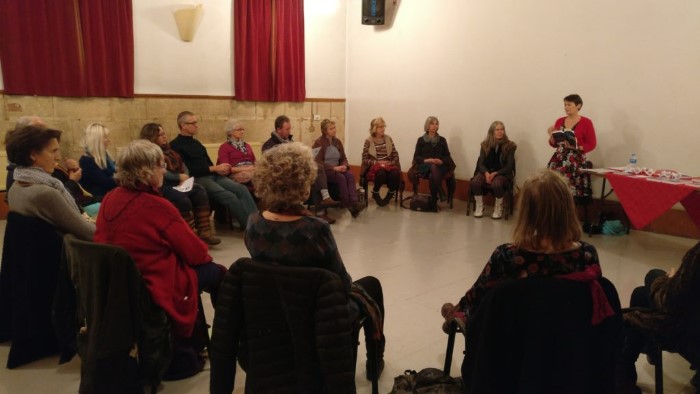
What resources do you recommend (besides your own)?
The Grief Recovery Handbook: The Action Program for Moving Beyond Death, Divorce, and Other Losses including Health, Career, and Faith by John James and Russell Friedman. Their courses are also excellent.
Being Mortal: Medicine and What Matters in the End by Dr Atul Gawande
Dying Matters, a UK based coalition full of resources to do changing the public knowledge, attitudes and behaviors towards end of life
The Order of the Good Death, a USA-based resource creating a death-positive community
Connect with Jane Duncan Rogers
Email: jane@beforeigosolutions.com
Website: Before I Go Solutions
Books:
Gifted By Grief: A True Story of Cancer, Loss and Rebirth
Before I Go: The Essential Guide to Creating a Good End of Life Plan
Social Media:
Facebook Page
LinkedIn
 Jane Duncan Rogers is founder of Before I Go Solutions, a social enterprise offering on and offline courses to help others create good end-of-life plans, and the B.I.G. Academy, offering training to health professionals in the Before I Go Method. She has been in the field of psychotherapy and personal growth for more than 25 years and has also owned and run a large holistic health clinic. She is the author of several books, including Before I Go: The Essential Guide to Creating a Good End of Life Plan
Jane Duncan Rogers is founder of Before I Go Solutions, a social enterprise offering on and offline courses to help others create good end-of-life plans, and the B.I.G. Academy, offering training to health professionals in the Before I Go Method. She has been in the field of psychotherapy and personal growth for more than 25 years and has also owned and run a large holistic health clinic. She is the author of several books, including Before I Go: The Essential Guide to Creating a Good End of Life Plan. Jane now lives in the north of Scotland and has a new partner with whom she is building not only a new life but a new house. Visit www.beforeigosolutions.com to take the How Prepared Are You? free quiz and learn what you need to act on to have a good end-of-life plan.
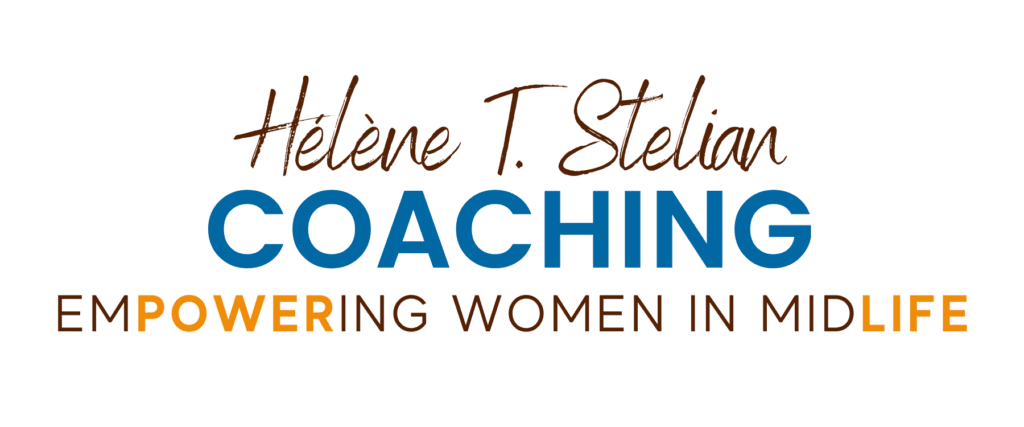
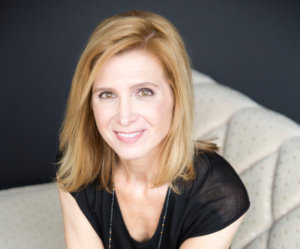
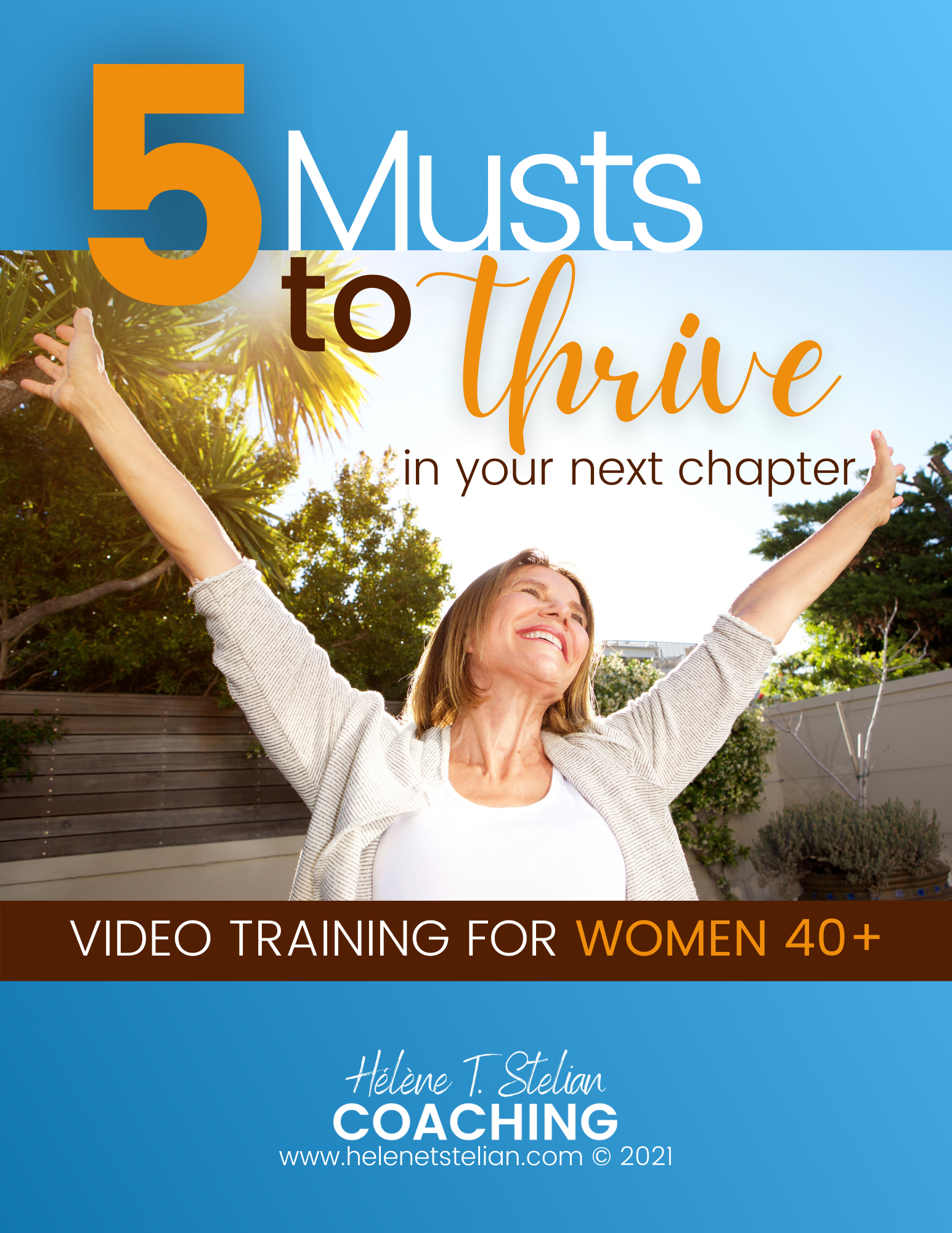



The difference between a sudden, unexpected death and dying as a longer, drawn out process has some dynamics worth appreciating. Having attended to numerous deaths in a professional role, I can appreciate so many different reactions and responses to grief, loss and suffering. There are healthy and unhealthy responses to death and I remember that 2/3 of the word health is heal. And that takes time as well as some work.
On the personal level, it’s another story and one that we would do well to consider. Living now with immense gratitude, and not knowing when or how death will come, I rest in the knowledge that we all have an appointment with death, sooner or later. I refer often to Somerset Maugham’s story about “An Appointment in Samarra” from an ancient folk tale of wisdom.
Hi Gary – I love that statement that 2/3 of the word ‘health’ is ‘heal’ – beautiful!
You’re right about different dynamics when the death is sudden (I don’t know much about that, not having experienced it personally). However, I did think that because I knew my husband was dying, and was prepared for it, that that would help. It did too, but not quite in the ways I expected! For instance, to be still shocked by it several months on was quite a surprise. What’s your experience of this?
Thanks for sharing your thoughts on here. And the story. Interesting and mystical! If things get too complicated I remind myself of the simple truth that ‘No one told me I’m going to wake up in the morning.’ This could be it! ; D
That’s a great line Dorothy! And so very true – and yet we persist in thinking we are going to live for ever. Actually, not even thinking about it, rather assuming it! Mad or what?
This a very important message for all us since we all must deal with loss, grief and letting go of loved ones and inevitably of our death. Thanks for sharing.
It’s easier said than done, though, Pat, isn’t it! Too often we know something is a good idea, and then don’t do anything about it. Which is what my work is all about really. Thanks so much that you recognise this; it is indeed very important, as you say.